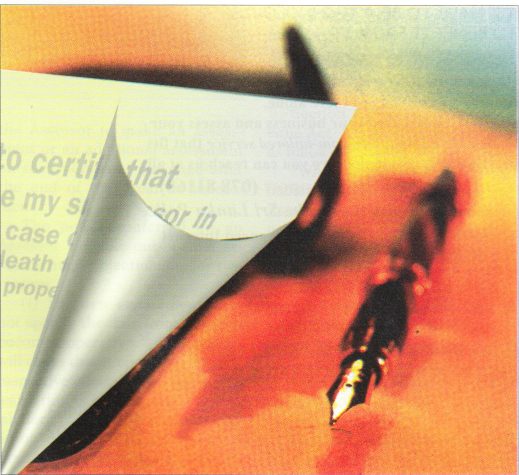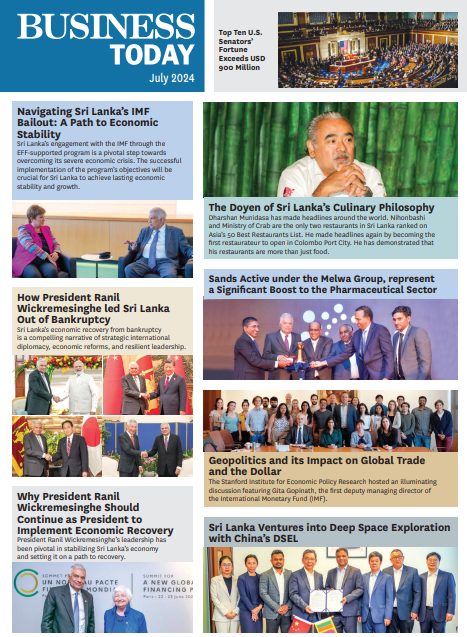Most people find it uncomfortable just talking about death let alone preparing for it. But more and more Asians are starting to recognize the merits of planning for themselves and their loved ones by drawing up a will.

For many older people, wills are seen as akin to inviting premature death. ‘A lot of people who come to me their warrant to leave this world, so they’re not too keen on doing it,” says Shashi Nathan, advocate and solicitor with Khattar Wong & Partners in Singapore.
Nonetheless superstitions may be giving way to practicality as Asians with increasingly complex finances seek to simplify their families’ lives after their death.
Depending on the amount and location of assets you have, a straightforward will can take as little as a few hours to write and cost an average US$300 with a lawyer’s help. It may be a small price to pay to avoid potential headaches when you die.
Dennis Singham, a Senior Partner at law firm Rodyk and Davidson in Singapore, says growing interest in wills reflects a shift lives less governed by custom and in Asian attitudes to more modern tradition.
‘People are also realizing that there’s lots of money to leave behind in terms of assets’, he says. “It makes good business sense to plan your affairs in such a way that once you’ve gone you know what you’ve done with your assets.’
Another reason for the interest, says Terence Cheung of Johnson Stokes & Master in Hong Kong, is the fact that more people are marrying in China and don’t have marriage certificates. That could pose a potential headache after their death.
What exactly is a will? Essentially it is a legal document stating how your estate should be divided after your death. It will set down the names of the executors – those who ensure the will is carried out detail any specific gifts you want to leave and include a more general clause dealing with remaining distributions. Funeral arrangements are also a common feature.
A standard will usually provides for 50% of a deceased’s estate to go to the living spouse and the balance to any children.
But the procedure, which is roughly the same around Asia but differs in the case of Muslims, becomes more complicated and could possibly wind up in court if the deceased has married again and has a second family.
Any challenge to a will by a disgruntled family member or differences of opinion among executors could send legal fees skyrocketing, delay the probate process and may even wipe out much of the inheritance.
One case in Hong Kong has been dragging on for an incredible ten years because the four executors, who are usually beneficiaries of the will, are on bad terms, requiring lawyers to reconcile their different views.
To avoid problems like this, lawyers recommend appointing fewer executors. Ensure they are people you can trust and inform them of their task ahead of time. If you can’t find anyone, a trust company is an alternative.
If you have a business to pass to your heirs, a professionally trained executor such as an accountant may be a good idea. Usually, however, lawyers will advise you to transfer a business into a private limited company a preferred option if the company has debts.
Nathan is against letting beneficiaries know beforehand what they’ll get. If you let too many people into what’s going on, depending on the family, it may create friction earlier,’ he says.
Writing a will should not necessarily require a lawyer. It can even be done on your kitchen table! All you need are two witnesses who will not benefit from the will and can attest to you signing it.
If you do opt for legal help, the process can be completed in an afternoon provided it doesn’t involve far-flung assets and money in different accounts with various names. A more complicated will could take several days and set you back more, especially if trusts need to be set up for the children. Lawyers say costs in this case are likely to top US$700.
‘If you really want to ensure you’ve thought through the process of what you want to do, a lawyer can help,’ says Singham. The biggest advantage of a lawyer is that there’s no ambiguity in drafting which you might have in a home-made will.’
A will can always be altered later if your circumstances change. Extra clauses can be included or an attachment known as a codicil can be added.
At what age should you write a will? Experts say that as long as you have assets to give away, the sooner the better. Singham advises people in their 20s who might have a car, expensive jewelry, a pricey pet or even property, to start thinking about it.
But if you haven’t made a will and don’t plan to, don’t fret. Dying intestate, that is without a will, should not present too many problems. Each country has intestacy rules under which a court will carve up your estate according to a distribution scheme.
‘It’s pretty clear cut,’ says Nathan. Usually the spouse will get the majority of assets and the other share will go to the children. If none of them are around, they will go to parents and then siblings.






